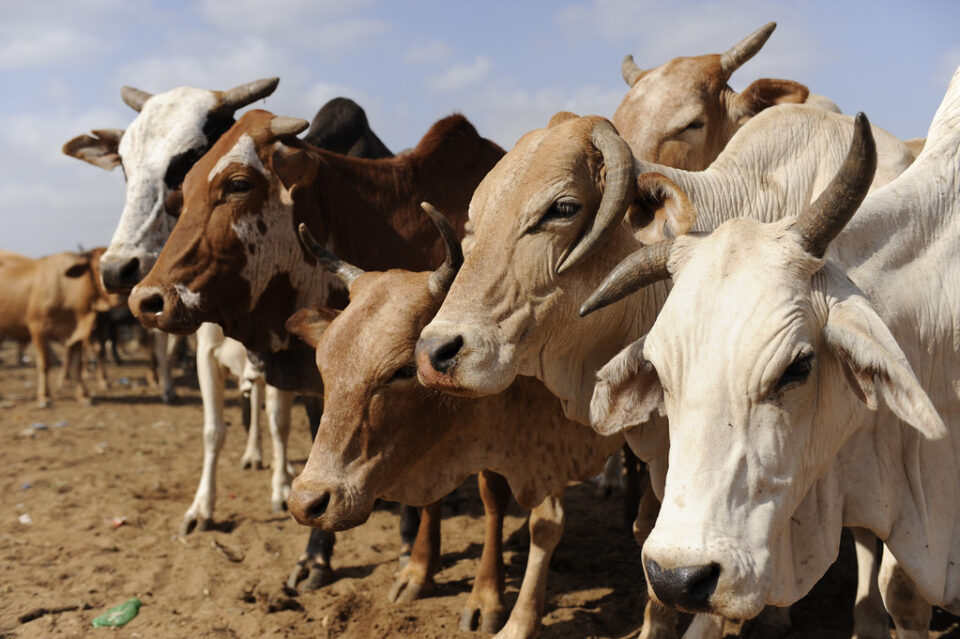A new three-year, US$3.35 million initiative is set to transform livestock farming in Africa by promoting cattle that produce less methane while boosting productivity and climate resilience. The program, Accelerating Reduced Emissions in Indigenous Breeds in Africa, is led by the International Livestock Research Institute (ILRI) with support from the Bezos Earth Fund and the Global Methane Hub.
The project is part of the Global Methane Genetics Initiative and focuses on Africa’s indigenous cattle breeds, using advanced genetics and farmer knowledge to reduce emissions without compromising productivity or food security.
“Reducing methane from cattle is one of the most elegant solutions to slow climate change,” said Andy Jarvis, Director of the Future of Food at the Bezos Earth Fund. “By identifying and promoting naturally low-emitting cattle, we can lock in climate benefits for generations to come.”
Tackling Africa’s Livestock Emissions Challenge
Livestock in Africa account for 18% of global livestock methane emissions, with cattle alone responsible for 70% of emissions in sub-Saharan Africa. Without intervention, these emissions could triple by 2050. By harnessing the genetic diversity of indigenous breeds and integrating cutting-edge science, the initiative aims to help African countries meet climate targets, including the 1.5°C global warming limit.
“This initiative represents a major step toward a sustainable and productive livestock sector in Africa,” said Raphael Mrode, principal scientist at ILRI. “We can achieve meaningful methane reductions while strengthening rural livelihoods through improved cattle productivity.”
Key Components of the Initiative
-
Monitoring and Data Collection: Measuring methane from 3,000 cows across five African countries using advanced laser detectors and mobile apps, linked with data from 9,000 cows.
-
Microbial Profiling: Studying rumen microbes in over 1,000 tropical cows to understand links between productivity and emissions.
-
Genetic Improvement: Breeding climate-smart cattle that are heat-tolerant, resource-efficient, and produce less greenhouse gas, introduced into national breeding programs in Benin, Burkina Faso, Ethiopia, Kenya, and South Africa.
-
Capacity Building: Training technicians, strengthening national breeding centres, and publishing accessible bull and cow rankings for farmers.
Pan-African Collaboration
ILRI will coordinate the initiative from Ethiopia and Kenya, working with partners including the Agricultural Research Council of South Africa, CIRAD (France), CIRDES (Burkina Faso), and the University of Abomey-Calavi (Benin). Collaborations with industry partners such as URUS and GENUS will ensure that improved cattle reach farmers through breeding centres and networks.
“This initiative brings together the best of science and global breeding expertise to accelerate methane-efficient genetics worldwide,” said Roel Veerkamp of Wageningen University & Research.
Expected Impact
-
12% reduction in livestock methane over 20 years through low-emission breeding.
-
20–25% reduction in methane per litre of milk within five years.
-
Publicly accessible genomic data for low-cost, widespread breeding improvements.
-
Increased access to productive, climate-resilient livestock for smallholder farmers, particularly women and youth.
By combining genetics, science, and local expertise, this initiative provides a cost-effective, permanent solution to methane emissions, while securing the future of African farming communities and strengthening food security across the continent.



